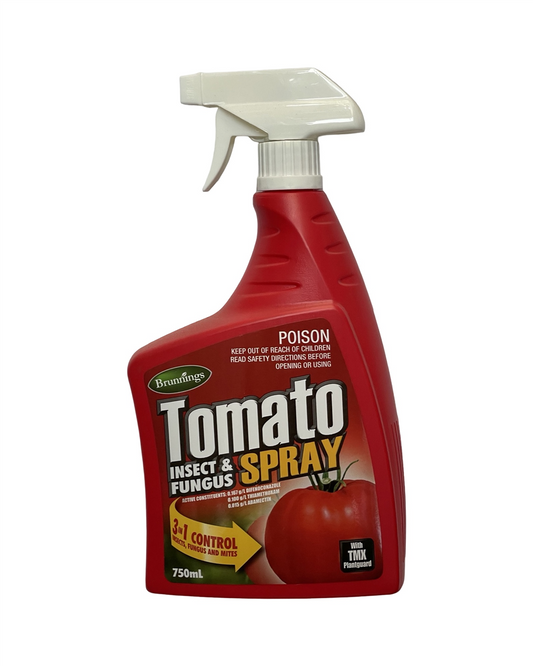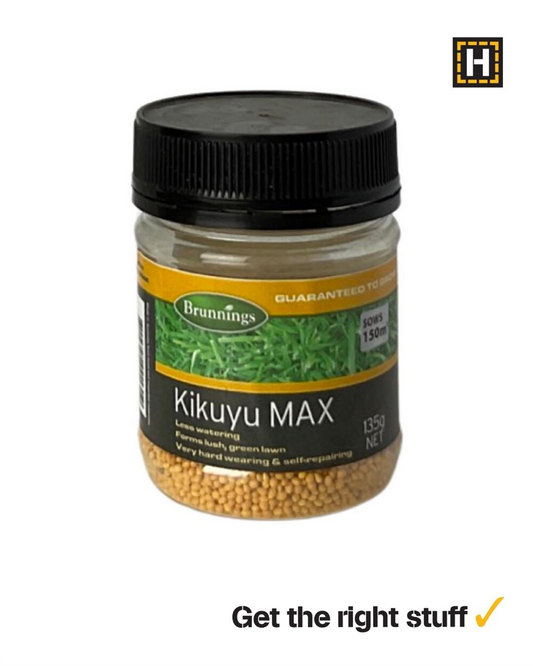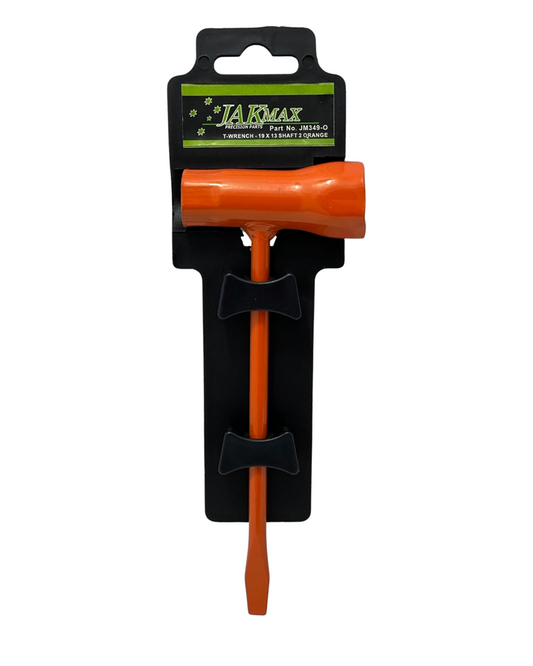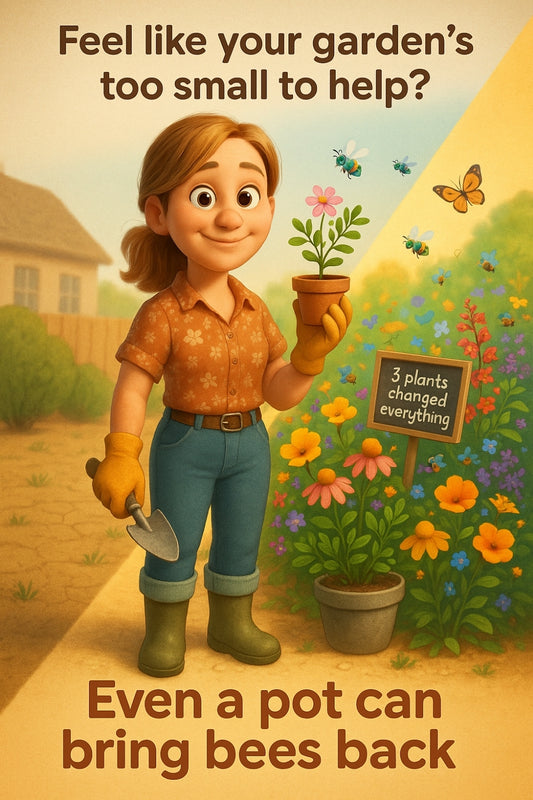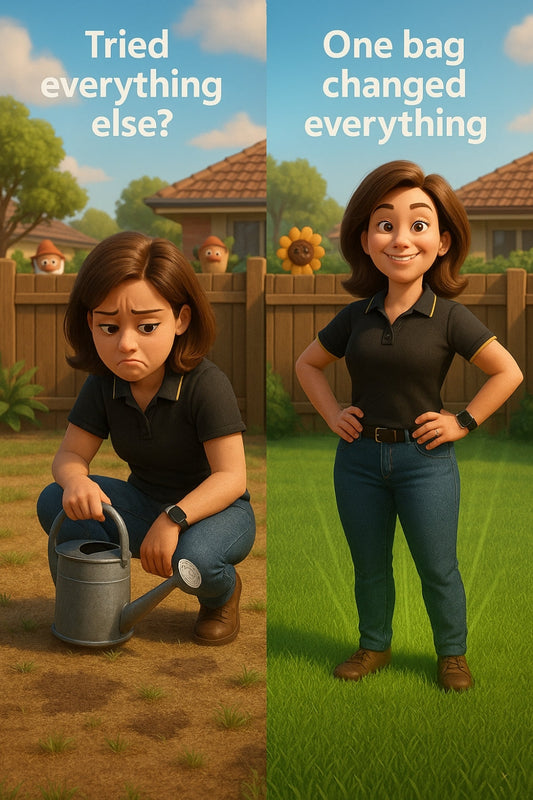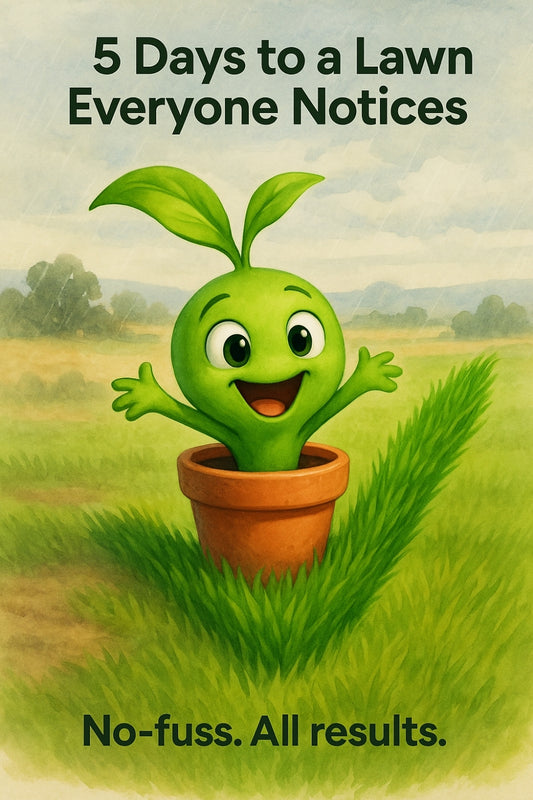Brunnings knows — if bugs stress you out, you’re ignoring your easiest gardening allies.
Share
The Secret Garden Army That Doesn’t Buzz Too Loud
Why attracting more hoverflies and lacewings could save your veggies — and your sanity
If you’ve been spraying pests, squashing aphids with your fingers, or losing sleep over sticky traps, there’s a gentler (and frankly genius) way to win in the garden: let nature lend a hand — with the help of two of the most underrated garden allies around.
Before: Spraying every weekend, watching aphids outsmart you.
After: Letting hoverflies and lacewings do the cleanup, while you sit back with a cuppa.
Nature's Ninja Team: Who Are These Tiny Warriors?
Hoverflies — those little yellow-and-black striped flyers that look like bees but stay eerily still mid-air — are not only harmless, they’re garden gold. Their larvae look a bit like tiny slugs, but don’t be fooled — these guys are aphid assassins. One happy hoverfly larva can gobble up hundreds of pests in its short life.
Lacewings, on the other hand, have delicate, see-through wings like a fairy in a bedtime story — but their kids? Total savages (in the best way). Lacewing larvae are nicknamed aphid lions for a reason. They're relentless and will target soft-bodied nuisances like:
- Aphids
- Whiteflies
- Thrips
- Mealybugs
They're Free Labour with No Drama
Unlike some biological controls, you don’t need to buy them from a catalogue or handle with gloves. These beneficial bugs will show up if you roll out the welcome mat. That means easy-to-grow flowers, no harsh chemicals, and a bit of patience.
Old Way: Reacting with sprays and guesswork
Shift: Garden becomes an ecosystem, not a battlezone
New Way: Grow pest-fighting allies with the plants you already love
A Foolproof Welcome Plan for Your New Bug Buddies
If you can keep rosemary or marigolds alive, you can attract hoverflies and lacewings — no entomology degree required. Here’s what helps:
- Avoid sprays: Even the ‘natural’ stuff knocks out good bugs. Let the ecosystem do its thing.
- Grow nectar plants: That includes things like dill, coriander, parsley, alyssum, and cosmos. They feed adult bugs looking to lay eggs near food (i.e. pests).
- Think layers: Groundcovers, small flowers, and native shrubs all offer hiding spots for your pest patrol team.
Set it up once and you’ll be surprised how quickly things shift. Fewer bugs munching your veg. Leaves looking healthier. A greenhouse buzzing with soft, lazy flyers that mean no harm.
“But They Look Like Pests” — Not Every Bug is a Bad Bug
Here’s where many beginners get tripped up: if it crawls, buzzes, or wriggles, the first instinct is panic. But not all bugs are out to get your basil.
Countless gardeners have mis-identified something helpful and hit it with spray. Hoverfly larvae, in particular, get mistaken for problem grubs — but once you know what you’re looking at, it’s like discovering a hidden character in your favourite show. Suddenly your garden feels like it's on your side.
Practical Quick Wins — How to Start Today
- Stop spraying. It’s hard, but worth it. Even gentle oils can scare off beneficial bugs.
- Plant some alyssum. It grows fast, smells sweet, and attracts hoverflies like nobody’s business.
- Leave little corners wild. That pile of sticks or old terracotta pot might be housing your next pest-munching miracle.
- Observe before acting. Spend 5 minutes watching an infestation zone before you squash or panic. You might just spot a lacewing larva doing its work.
Here’s What This Means for the Future of Gardening
We’ve been trained to think we need to control everything in the garden. But when you create a space that welcomes the right guests, nature steps up. Pest control doesn't have to be toxic, expensive, or overwhelming.
Relying on lacewings and hoverflies isn’t about doing less — it’s about doing smarter. It’s the kind of gentle, intuitive gardening that fits into your life — not takes over it.
Want a thriving garden without getting elbow-deep in bug panic? Start attracting the insects who work the night shift while you sleep.
Cheers to quiet buzzes, fewer sprays, and a backyard that has its own tiny dream team.
— Candeece
 Stay Connected
Stay Connected
Join our gardening community on Facebook: Urban Gardener's Notebook
And follow our Store Facebook Page: Strathalbyn H Hardware on Facebook

